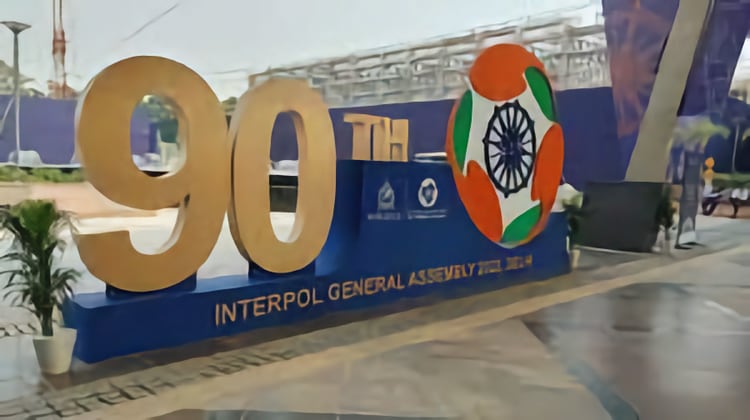This morning at 12 noon, the Prestomedia Group presents the 1st Phase of the study A Spanish vision of the European Union: 2024-2029 in the María de Maeztu Hall of the Fundación-Ortega Marañón (C/ Fortuny, 53).
The communication group has announced a study that seeks to contribute to the collective task of improving the European project from a Spanish perspective. Prepared by a group of more than 50 experts led by the former Spanish ambassador to Spain, Javier Elorza (in the photo), the study will focus on issues such as the enlargement of the Union, treaty reform and constitutional governance. In addition, it will count on the collaboration of the Rey Juan Carlos University to address the key issues from an academic and social point of view.
Prestomedia, present for more than 30 years in Brussels, has decided to make its particular contribution to the relevant process of generating ideas to build a better Europe. This study comes to contribute to the collective task of improving the European project from the strength of a Spanish vision.
Yago González, CEO of Prestomedia, points out that this study has been launched at a “crucial moment for Europeans” because “we are on the verge of new European elections in which the priorities that will govern the Union for the next five years will be decided”.
He also explained that the group is immersed in a process of debate on issues such as treaty reform, new enlargements and a series of issues that “will directly affect the future of Spain”, such as the future of agriculture, the energy market and digital transformation. To do this, they wanted to have “the best”, a group of more than 50 experts led by the former ambassador, Javier Elorza. “This study was born with the intention of bringing the voice of Spanish institutions, companies and civil society to the table, as other EU countries do”, says Yago González.
During the next European legislature, Spain will celebrate its 40th anniversary as a Member State. In these four decades, Spain has contributed to the transformation and modernisation of the country, but it has also allowed Spain to participate in the European project with concepts such as territorial cohesion, the social pillar, the Erasmus+ project or the mutualisation of debt through the Next Generation funds. In this sense, Prestomedia advocates facing the next legislature by contributing a Spanish vision of the EU to the European debate.
From the point of view of current affairs and the media, Jesús González, director of Aquí Europa and Canal Europa, points out that having a Spanish vision of the situation of the European Union is a novelty, because “we have always been behind and on the defensive in the proposals and priorities that Spain had with respect to the large countries of the Union, such as France and Germany”. For this reason, he believes that after 40 years of Spain’s involvement in the European Union, “it is a good time to put on the table a vision made by specialists and by personalities and authorities who have worked on the matter in Brussels” and for “Spain to put its proposal on the table so that we journalists can also inform and analyse it”.
Prestomedia also wanted to count on the collaboration of the Rey Juan Carlos University to “gather a complete vision of Spanish society from the academic world”. The vice-rector of the university, María Luisa Humanes, explained that the URJC’s contribution to this study will be to address the fundamental issues that the European Union and, specifically, Spain, will have to face after June 2024. She assures that this work will be carried out “from an academic point of view, with rigour, but always showing a social vision of these issues that will necessarily be very important for our country”.







